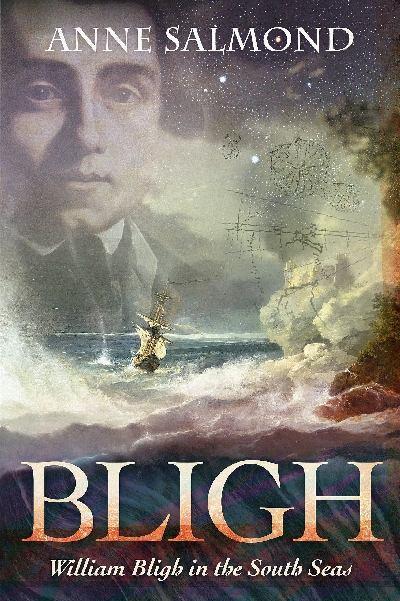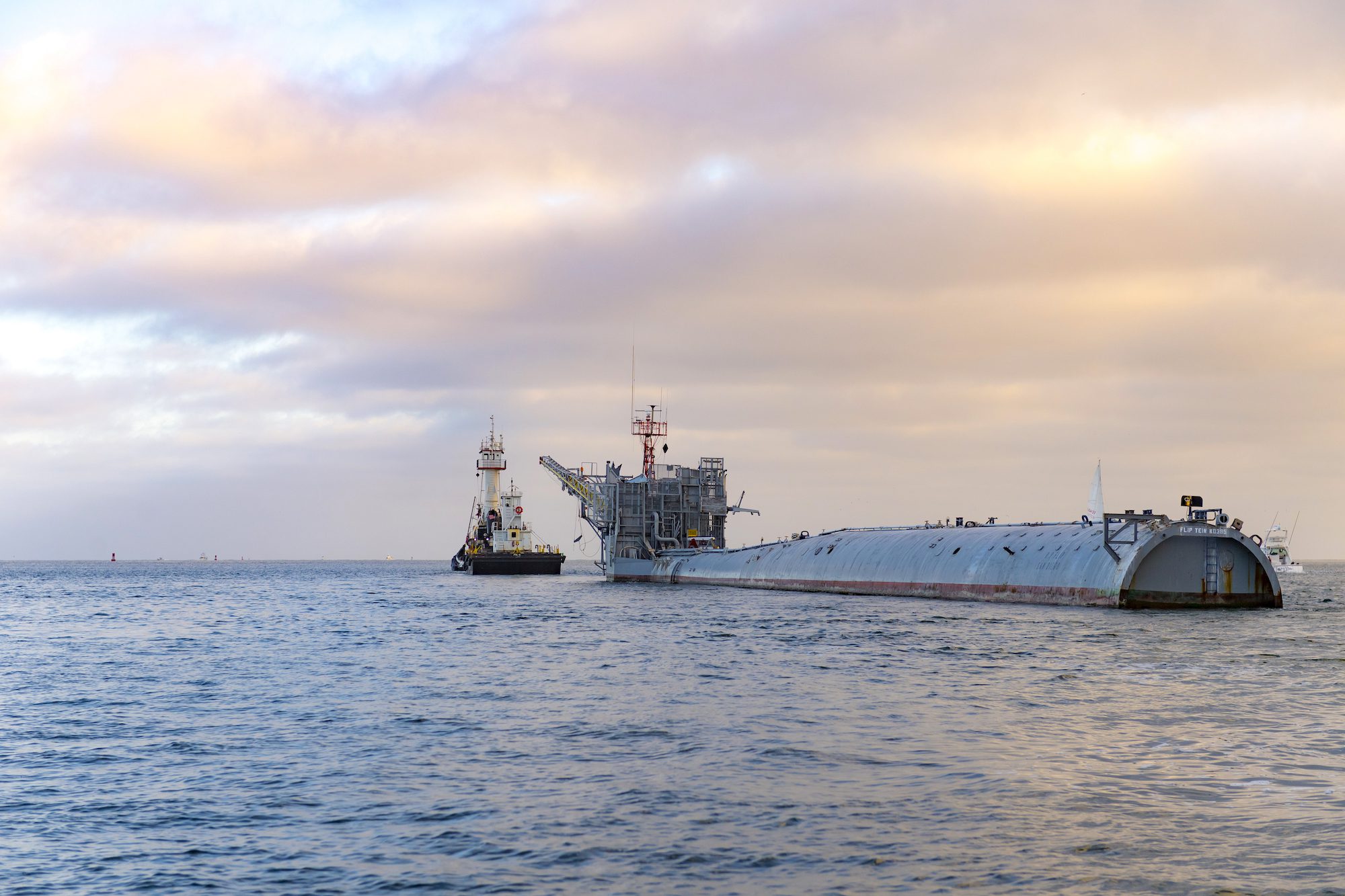 By Alexander Rose, Wall Street Journal
By Alexander Rose, Wall Street Journal
On April 28, 1789, mutineers commandeered HMS Bounty, en route from Tahiti to the West Indies with a cargo of breadfruit (intended as cheap, nutritious fodder for slaves). Led by master’s mate Fletcher Christian, they condemned the captain, William Bligh, and his loyalists to certain death by setting them adrift in a small boat in the middle of nowhere. The skeleton Bounty crew, after stopping to abduct their Tahitian paramours and seize a few slaves of their own, set course for the very edge of nowhere—way out there in the deep, uncharted Pacific blue.
In a fine and measured biography, “Bligh: William Bligh in the South Seas,” Anne Salmond penetrates the wooden world of the Bounty to show us a microcosm of British society at the time, with all its social, political and economic fermentation. This was an era, after all, when the debate over the rights of man versus the prerogatives of kings was much in the news, not least in America and France. Across the Atlantic, the Americans would go so far as to swear in their first president two days after the mutiny, and across the Channel, two and a half months after Christian dared overthrow his captain, a Parisian mob stormed the Bastille, hulking symbol of royal absolutism.
It is understandably tempting to interpret the struggle between Bligh and Christian in polarizing terms—Bligh as the paragon of deference to the state, Christian as the embodiment of freedom unfettered—but, really, this was a very English fight. In the matter of the mutiny on the Bounty, the traditionalists won an overwhelming victory.
Bligh made it back to Britain after an epic, 47-day, 3,618-mile voyage in a 23-foot launch that he navigated using only his incomparable seamanship skills. Scarcely a soul died under his stern command, testament to Bligh’s paternalistic responsibility for the men’s lives and his crew’s obeisance to hierarchy. Fletcher Christian and his conspirators, by contrast, eventually settled on the paradisiacal Pitcairn Island, where life descended into a Hobbesian hell when the new inhabitants turned on one another. All but one of the British would be murdered. Meanwhile, those mutineers who had taken their chances by remaining on Tahiti were implacably hunted down by the Royal Navy and transported to Britain.
Some of these fugitives were hanged, but a few escaped the noose owing to some clever lawyering—by Christian’s brother, Edward. It was he who created the myth of Bligh’s savage “tyranny” aboard the Bounty, from which Fletcher understandably sought liberation. So potent was this image that the burgeoning Romantic movement sanctified Christian as a symbol of heroism and damned Bligh as a symbol of despotic rule. It is a view that continues to prevail, though Ms. Salmond does not share it: Bligh’s “reputation for brutality,” she admonishes, “was a triumph of rhetoric over reality.”
The truth was rather more prosaic. Bligh’s hydrographical and charting talents had once impressed even so exacting a sea dog as Capt. James Cook (a more enthusiastic flogger than Bligh, the author notes), but Bligh had been, I think, over-promoted. He “had a gift, almost amounting to genius, for insulting and infuriating his immediate subordinates,” Ms. Salmond writes. More disconcertingly still, after yet another of his volcanic eruptions he would often suddenly slather miscreants with kindness. His was a temperament ill-suited to captaining a long-distance voyage. Bligh should have been given a mapping job at the Admiralty, not command of a vessel. As for Christian, he could not bear to be bellowed at and humiliated, making him an unlikely candidate for a successful naval career in any case; but when he put out to sea with Bligh, the voyage had all the makings of a high-seas human-resources fiasco.
In short, unlike the fall of the Bastille or George Washington’s choice to be a president rather than a king, the Bounty affair proved inconsequential in the grand scheme of things. A freak event, the result of a clash of personalities, it remains nevertheless riveting owing to awe at Bligh’s journey home and our empathy for the dilemma that led Christian to revolt. Small wonder that Hollywood, knowing a great story when it sees one, has made three movies—of varying factual fidelity—based on the Bounty episode, as well as a cartoon, “Mutiny on the Bunny,” starring a certain Brooklyn-accented rabbit.
Nevertheless, Ms. Salmond periodically attempts to make Bligh’s misadventures seem more portentous than they were by focusing on the ethnography of the Polynesian islands. To that end, she argues that Bligh’s and the mutineers’ interactions with the natives make this “an episode in the history of the world, not simply the history of the West.”
Ms. Salmond here mistakes a forest for the (breadfruit) trees, equating the assuredly powerful impact that the arrival of the Bounty had on these isolated islanders with global historical significance. To reinforce this already dubious argument, she includes chapters on South Sea rituals that may be fascinating for specialists but for general readers may achieve the singular distinction of making even human sacrifice boring. Fortunately, most of “Bligh” does not suffer from such postcolonial anthropological overload, and when Ms. Salmond hews to the astounding story at hand, her otherwise old-fashioned biography is a model of depth, style and scope.
Mr. Rose is the author of “American Rifle: A Biography” and “Washington’s Spies: The Story of America’s First Spy Ring.”
Dow Jones & Company, Inc.

 Join The Club
Join The Club




 By Alexander Rose, Wall Street Journal
By Alexander Rose, Wall Street Journal






